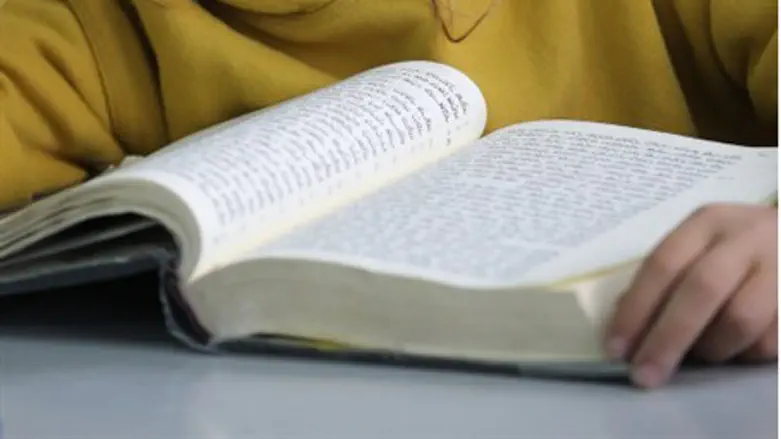
Sela Public Charter School, a Hebrew language public charter school (pre-K through fifth grade), has recently been granted a conditional charter to open in the District of Columbia, the Washington Post reported on Tuesday.
While the school teaches Hebrew, it is not Jewish or religious, which alleviates some of the hefty tuition costs of a private Jewish Day School. If the teachers or administrators are found professing Jewish or religious ideas, the school will lose its charter.
“[F]rom my rabbinic perspective a Hebrew language secular school is a very good thing for the Jewish and non-Jewish residents of the District,” says Rabbi Shmuel Herzfeld who wrote the article in the Post. “The Jewish children who attend the school will learn Hebrew. If they then decide to supplement their Hebrew education with a religious school or an intense synagogue experience, they will have a much easier time.”
“The most difficult thing to teach in Hebrew School is Hebrew,” he says. “It is technical and often complicated to teach. If a child comes to school already knowing Hebrew language, then the after-school experience will be much easier to supplement. Instead of focusing on language skills, which can be challenging for even the most gifted teacher, the after-school experience can now focus on spirituality and the joy of Judaism.”
Rabbi Herzfeld asserts that “as the population of the State of Israel continues to grow, now more than ever, knowledge of Hebrew language is necessary for Jews to feel connected to the future of the Jewish people. Learning Hebrew as a young child will enable these students to connect to people of the land of Israel while also laying the groundwork for an intense religious education if they should so desire.”
He adds that “it makes sense” that parents would want their children to learn Hebrew in order to enable then to better integrate into Israeli society in the future, if they choose to do so.
Jewish Day Schools contend that Hebrew language charter schools may draw some students away from the Jewish and religious institutions, which would cut into their tight budgets.
“This may be true in the short run,” says Rabbi Herzfeld. “But in the long run, more Jewish children learning Hebrew will translate into a stronger Jewish community, and a stronger Jewish community will eventually translate into stronger Jewish Day Schools.
However, he encourages Sela’s future families to also consider a Jewish supplement to their children’s education and asserts that “with a sustained and conscious effort on the part of parents” they will be able to “bridge that important gap.”